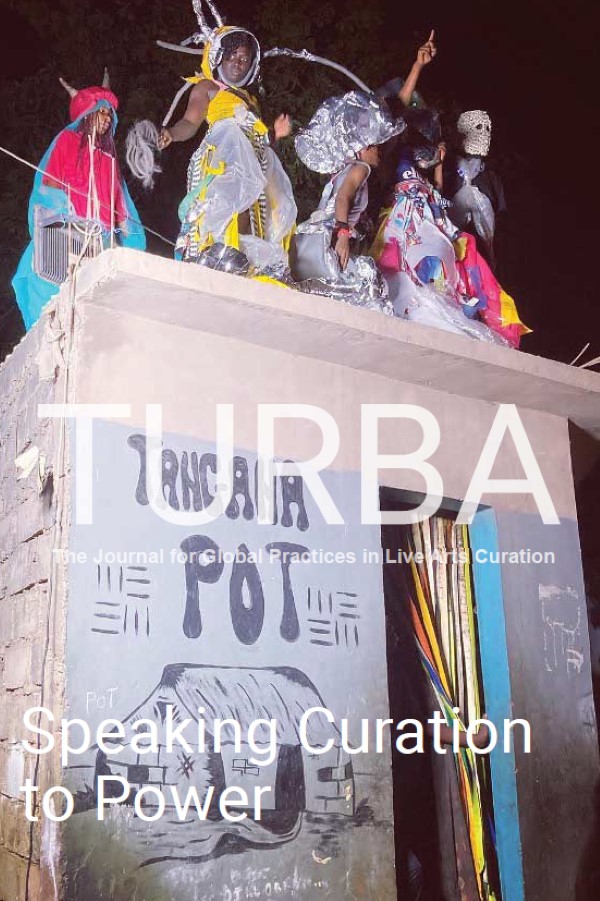Berghahn Journals
Berghahn Journals is the journals division of Berghahn Books. A peer-review press, Berghahn is committed to the highest academic standards and seeks to enable innovative contributions to the scholarship in its fields of speciality.
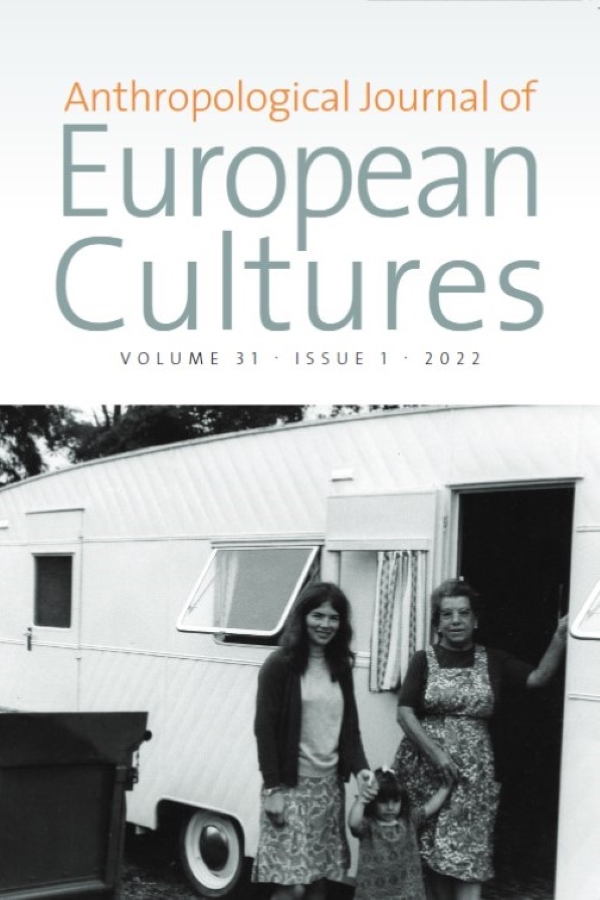
Anthropological Journal of European Cultures
(formerly: Anthropological Yearbook of European Cultures)
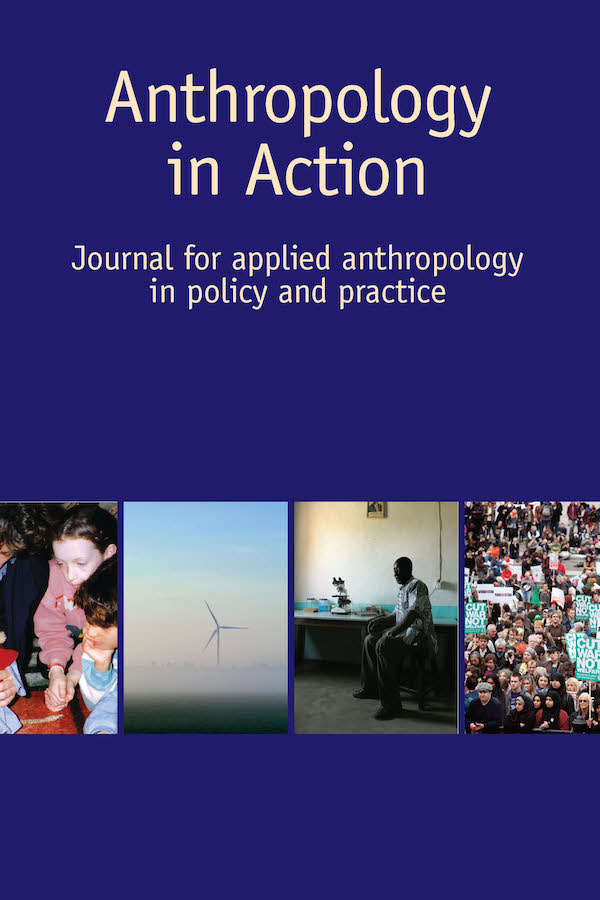
Anthropology in Action
Journal for Applied Anthropology in Policy and Practice
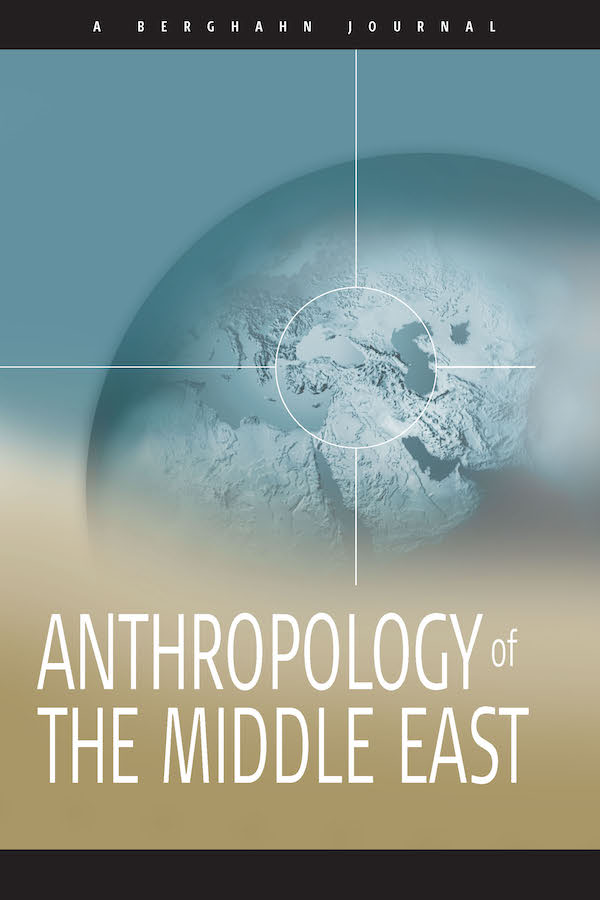
Anthropology of the Middle East
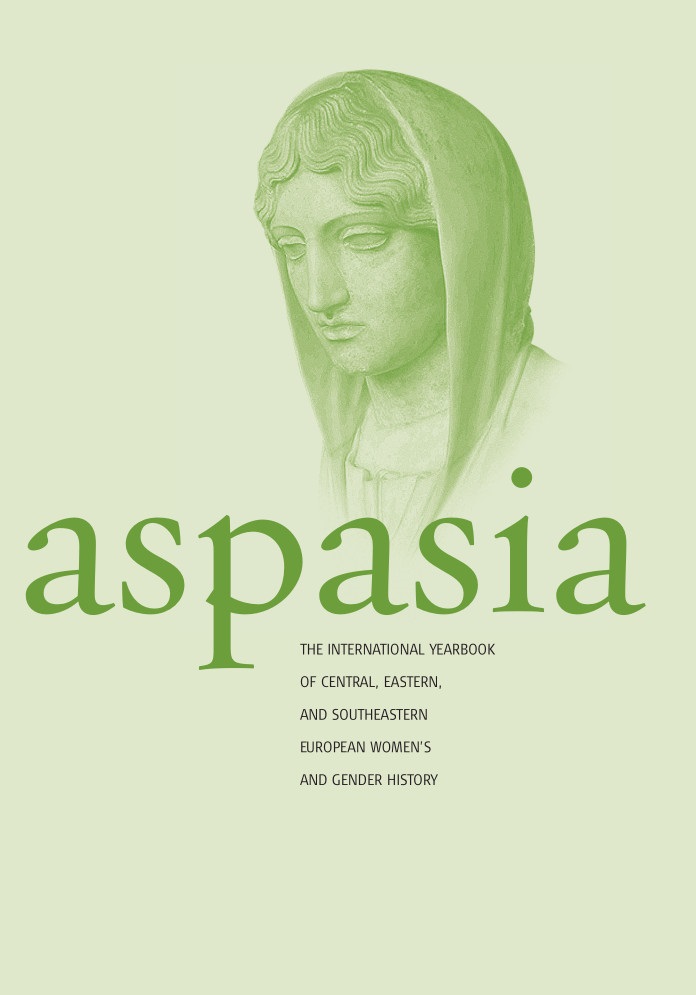
Aspasia
The International Yearbook of Central, Eastern, and Southeastern European Women's and Gender History
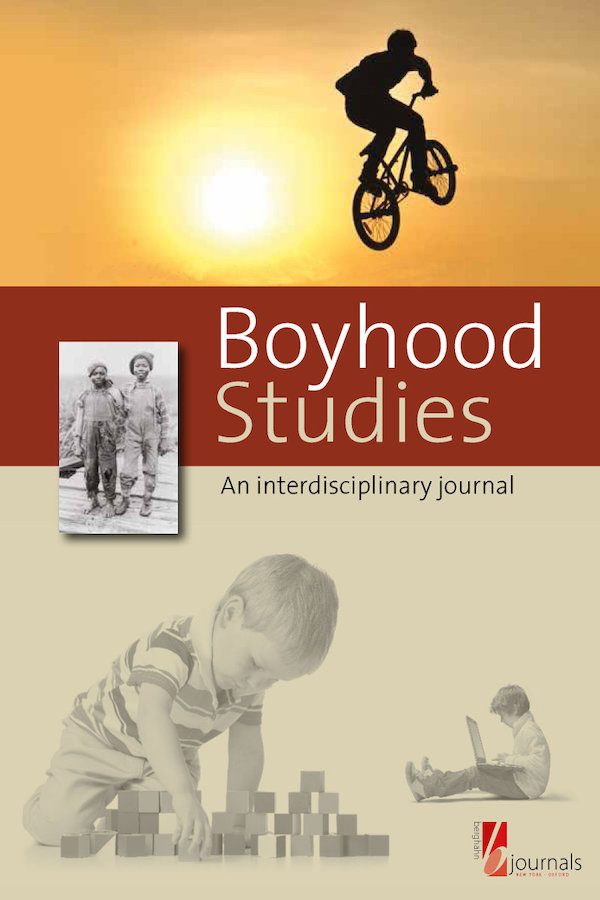
Boyhood Studies
An Interdisciplinary Journal
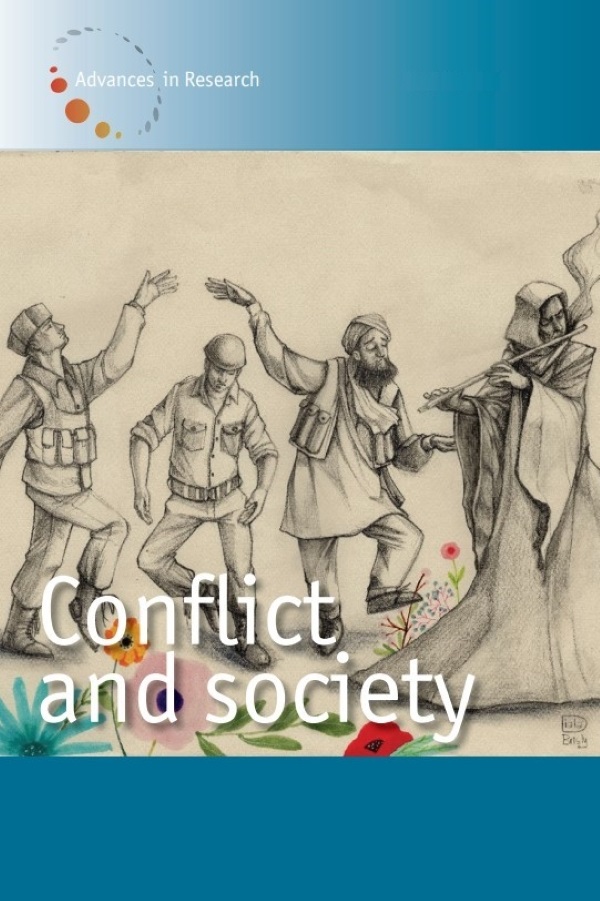
Conflict and Society
Advances in Research
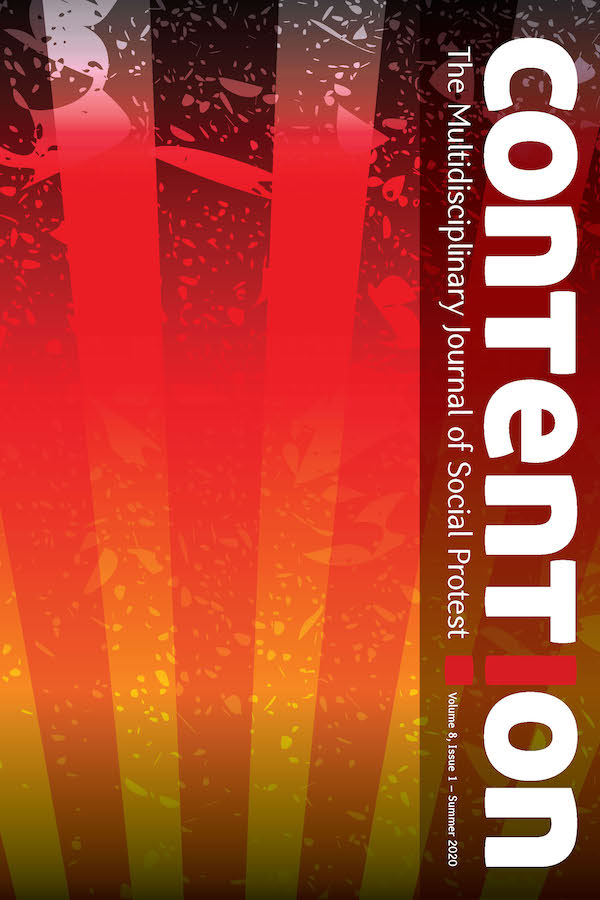
Contention
The Multidisciplinary Journal of Social Protest
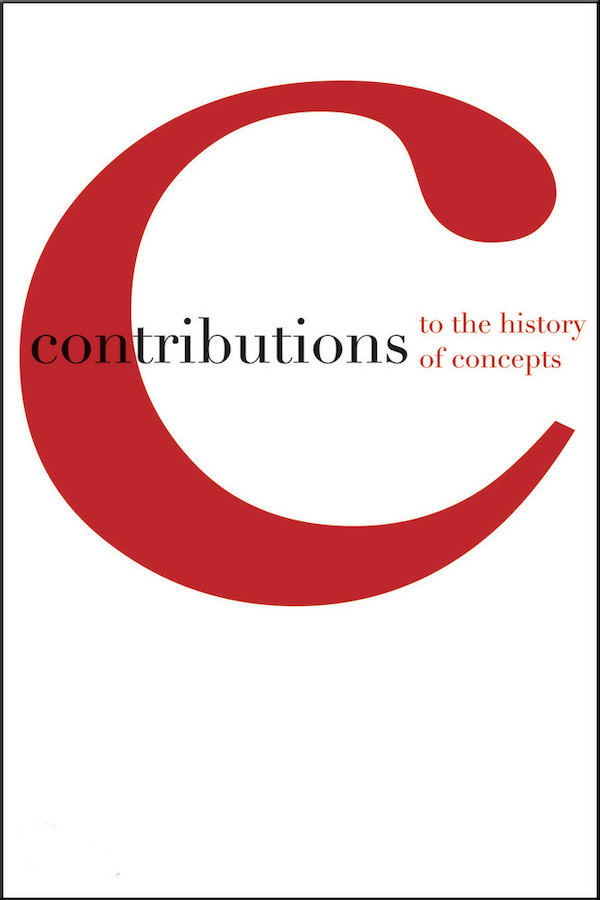
Contributions to the History of Concepts
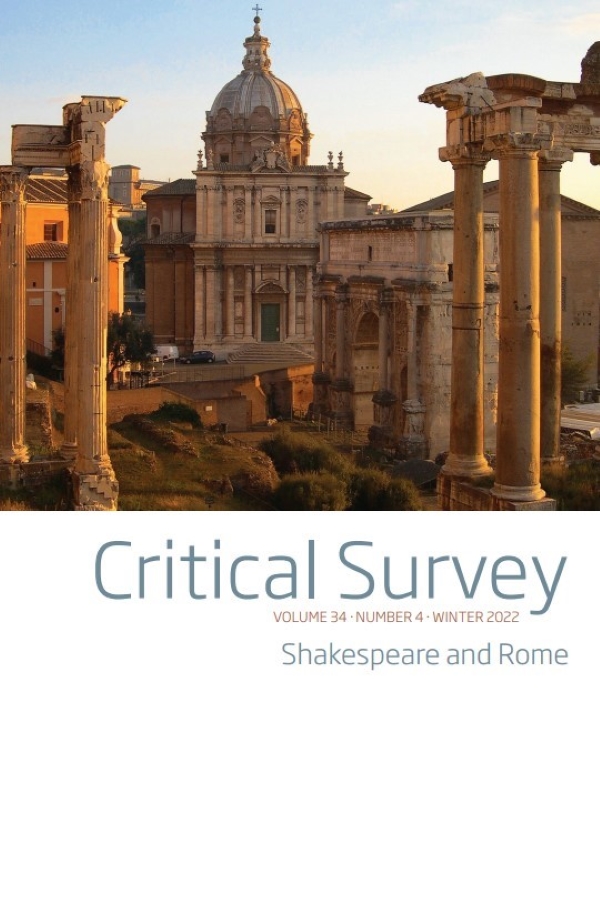
Critical Survey
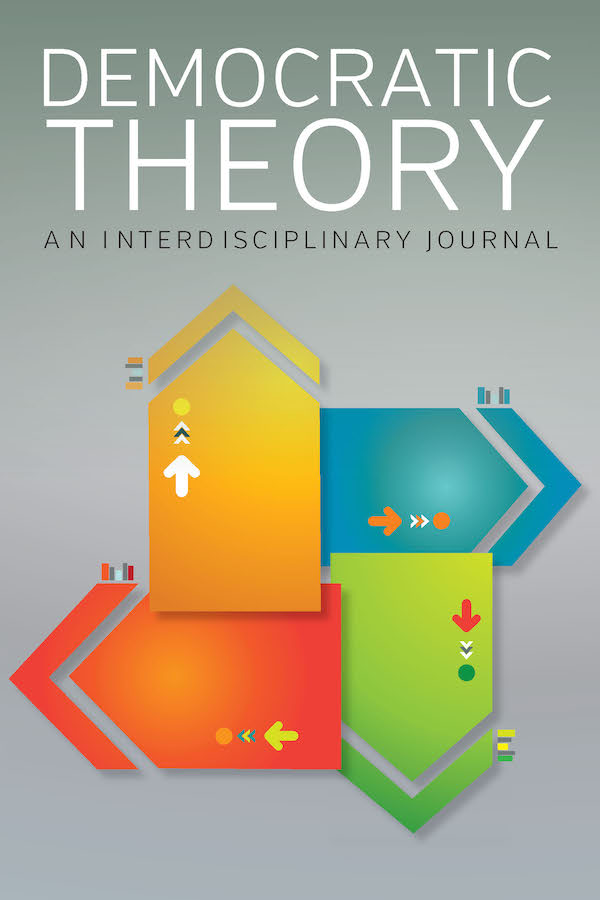
Democratic Theory
An Interdisciplinary Journal
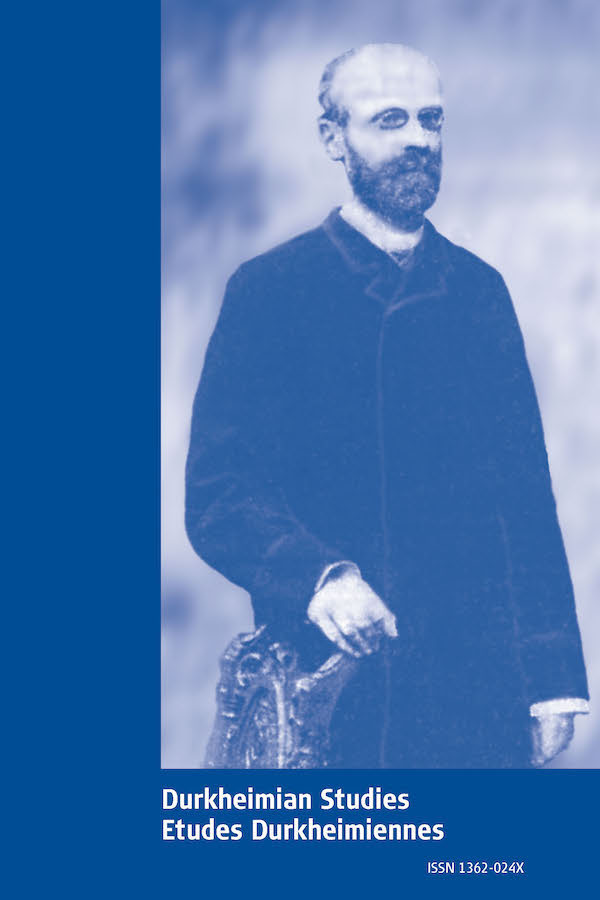
Durkheimian Studies
Études Durkheimiennes
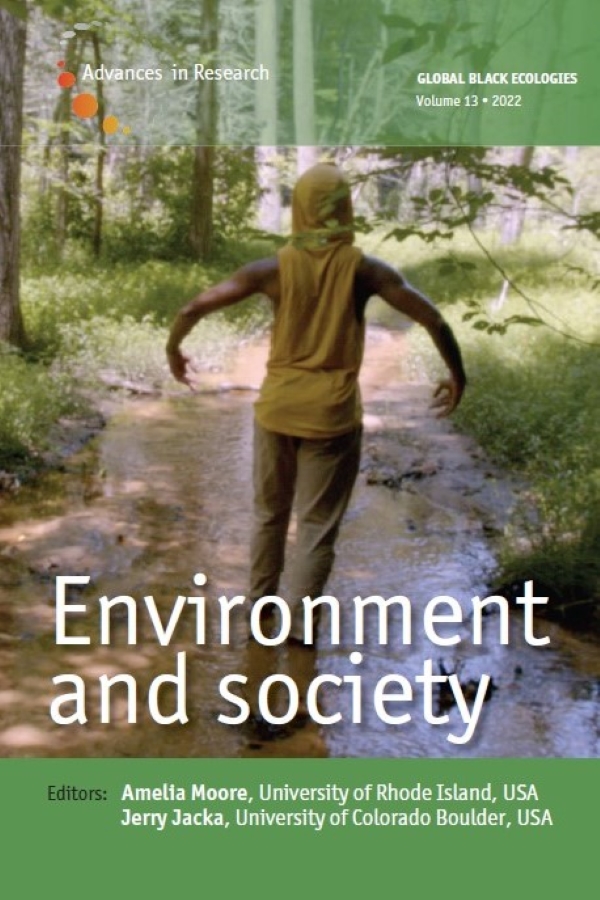
Environment and Society
Advances in Research
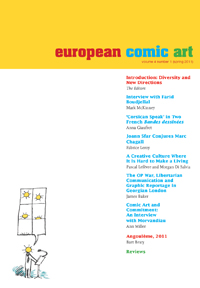
European Comic Art
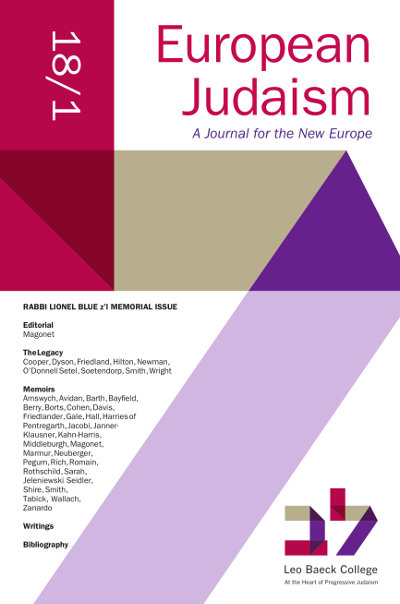
European Judaism
A Journal for the New Europe
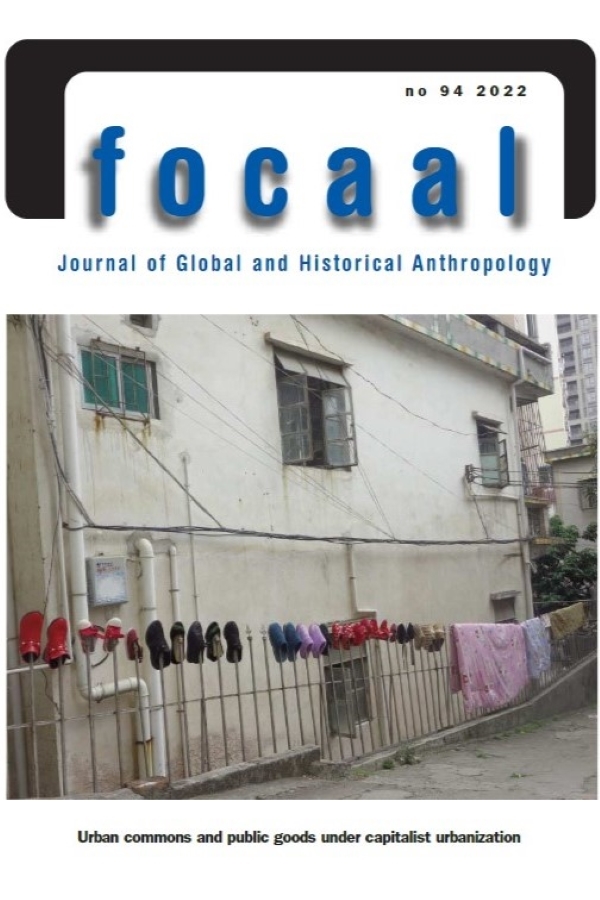
Focaal
Journal of Global and Historical Anthropology
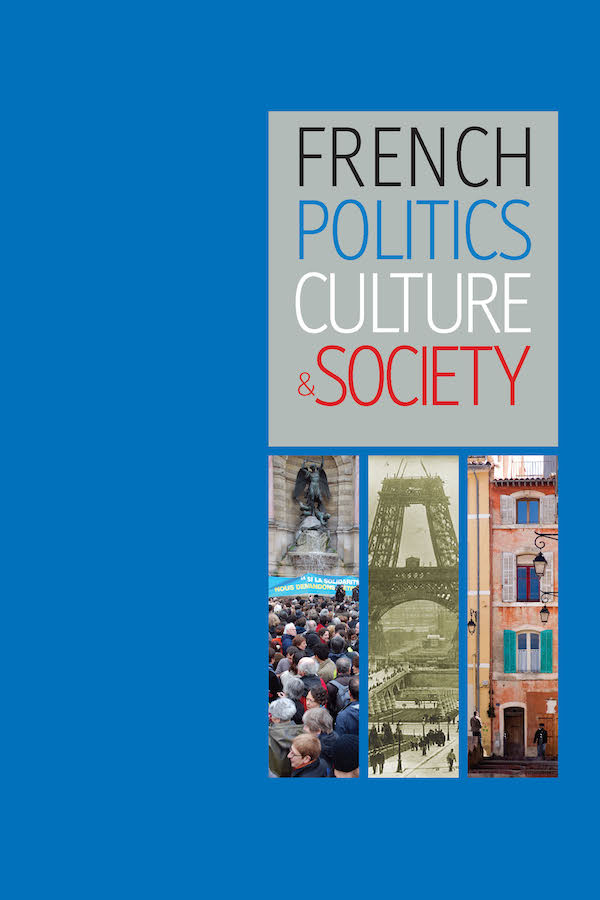
French Politics, Culture & Society
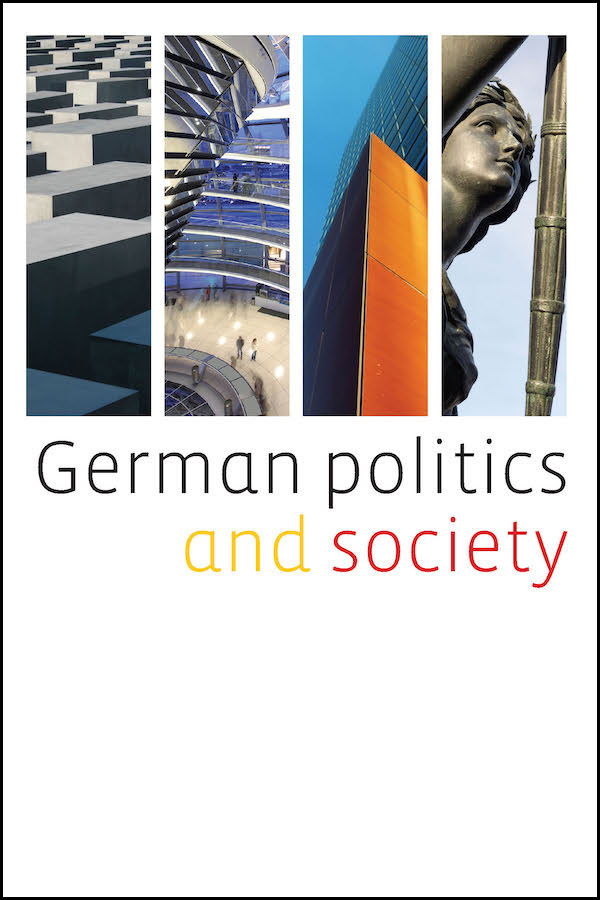
German Politics and Society
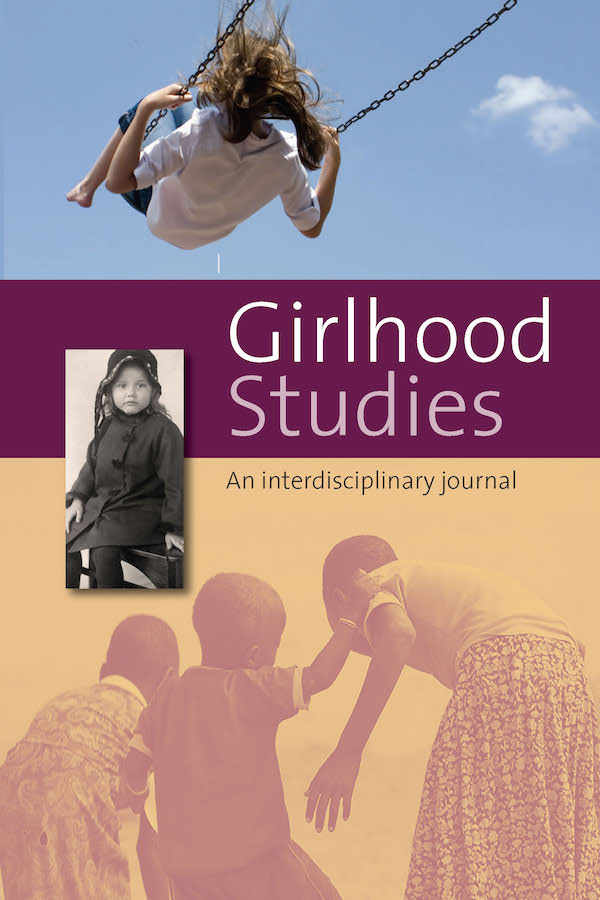
Girlhood Studies
An Interdisciplinary Journal
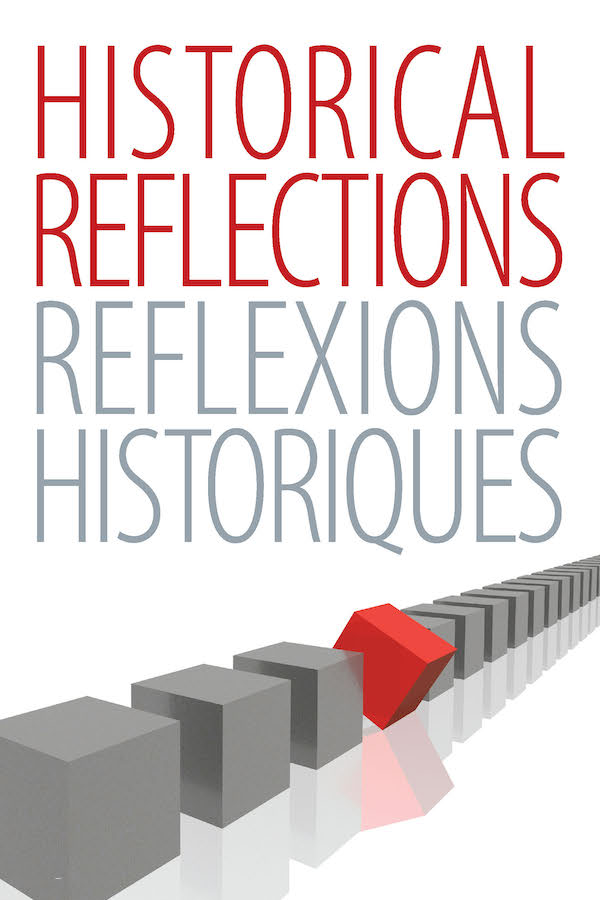
Historical Reflections/Réflexions Historiques
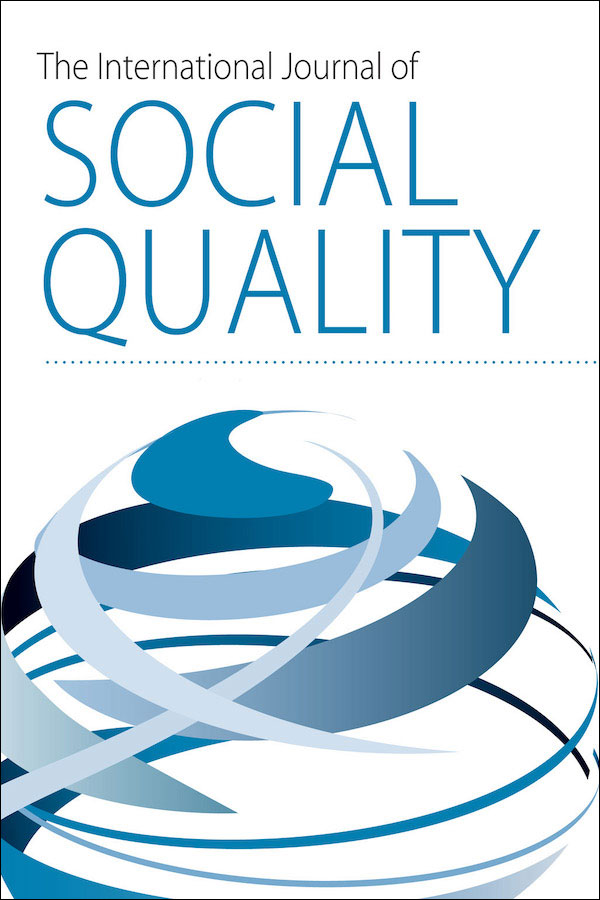
International Journal of Social Quality
(formerly European Journal of Social Quality)
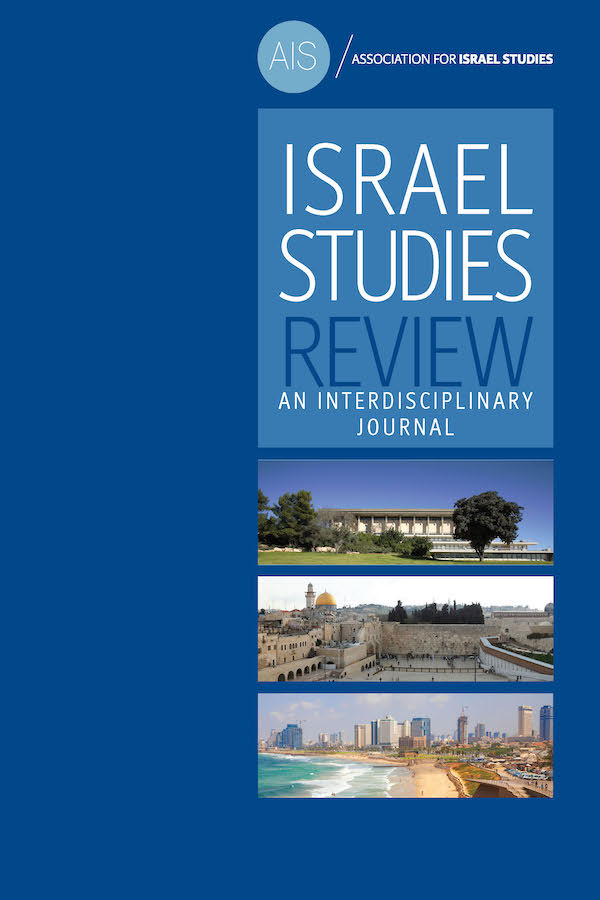
Israel Studies Review
An Interdisciplinary Journal
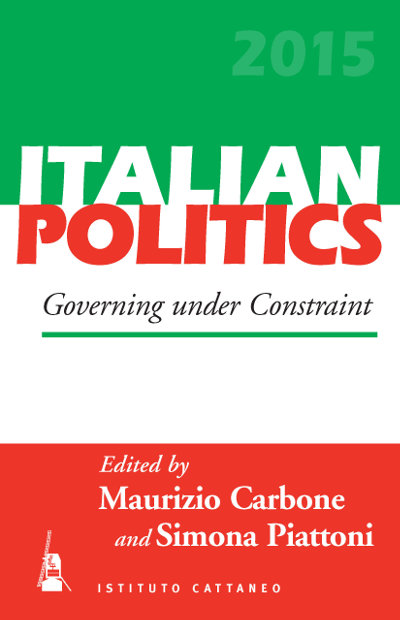
Italian Politics
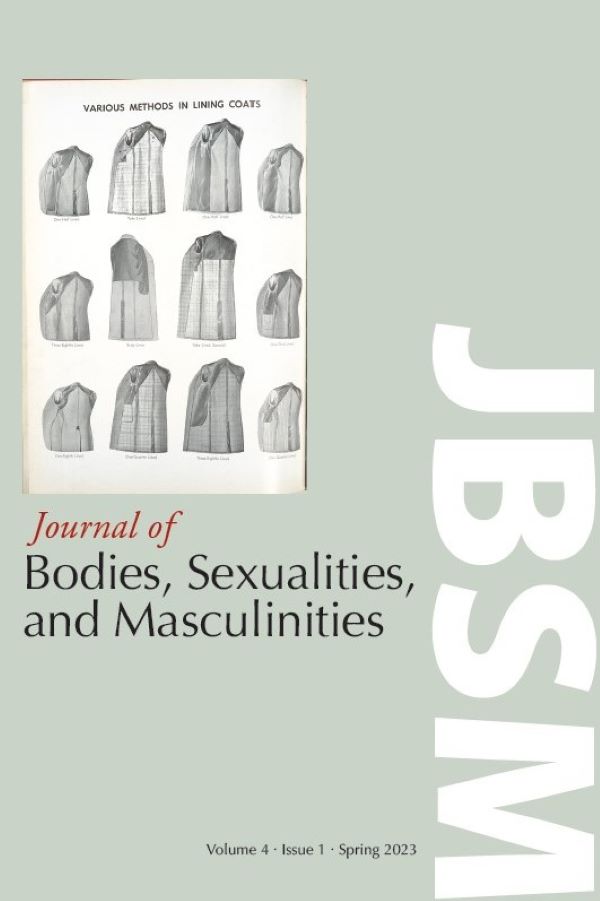
Journal of Bodies, Sexualities, and Masculinities
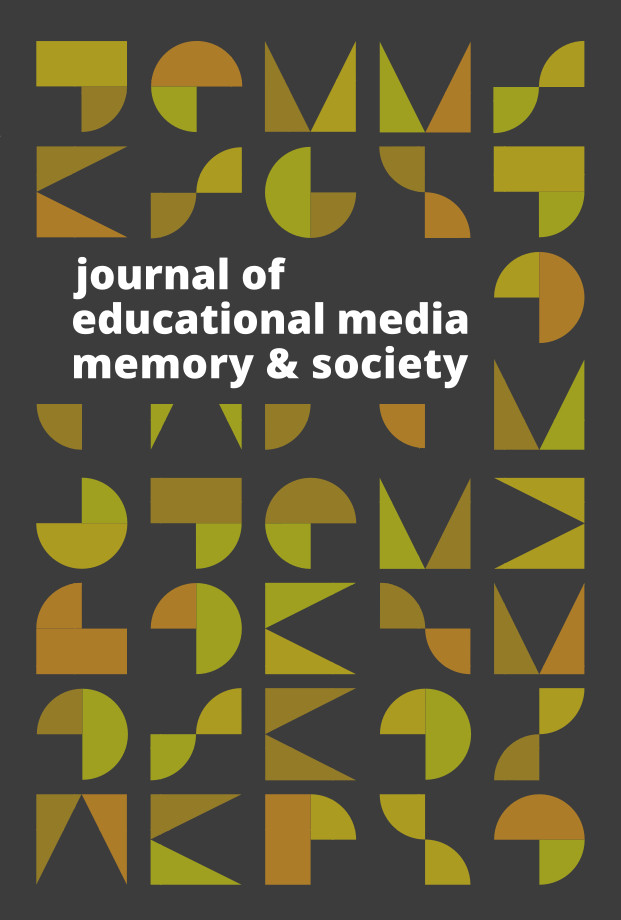
Journal of Educational Media, Memory, and Society
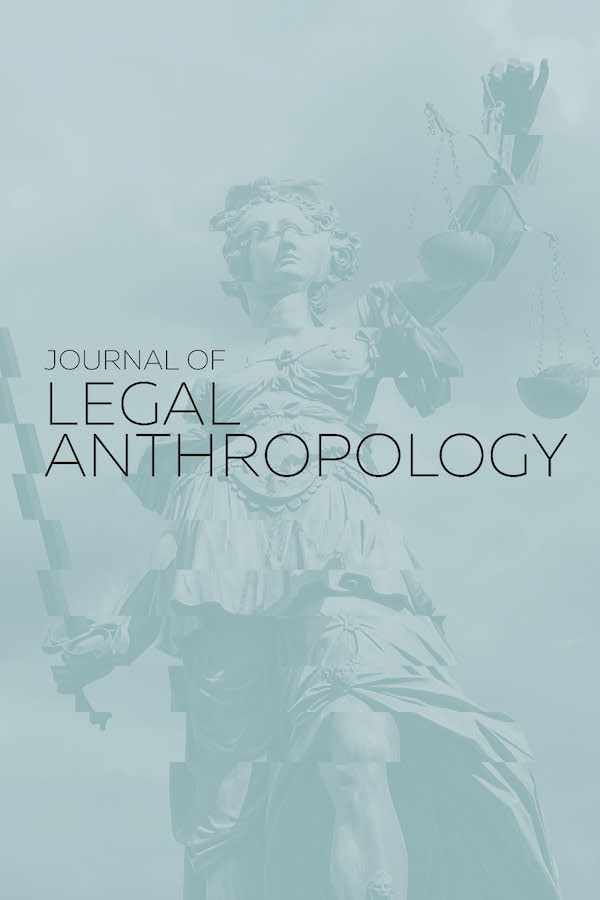
Journal of Legal Anthropology

Learning and Teaching
The International Journal of Higher Education in the Social Sciences
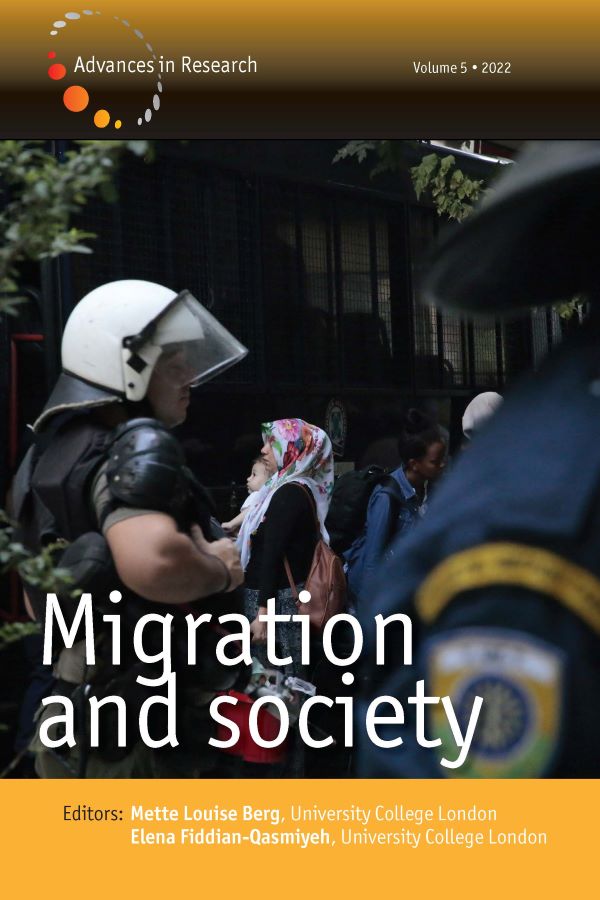
Migration and Society
Advances in Research
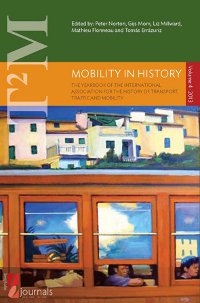
Mobility in History
The Yearbook of the International Association for the History of Transport, Traffic and Mobility
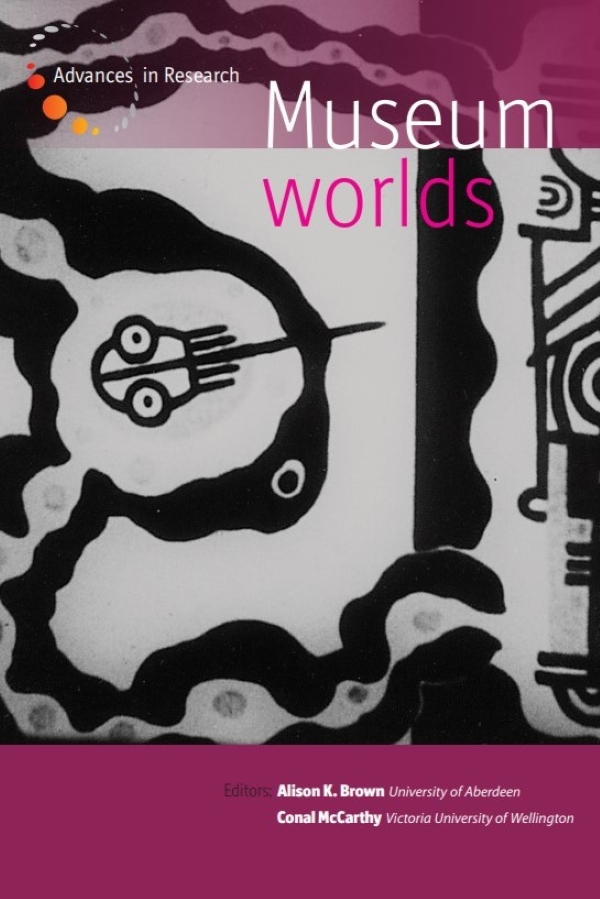
Museum Worlds
Advances in Research

Nature and Culture
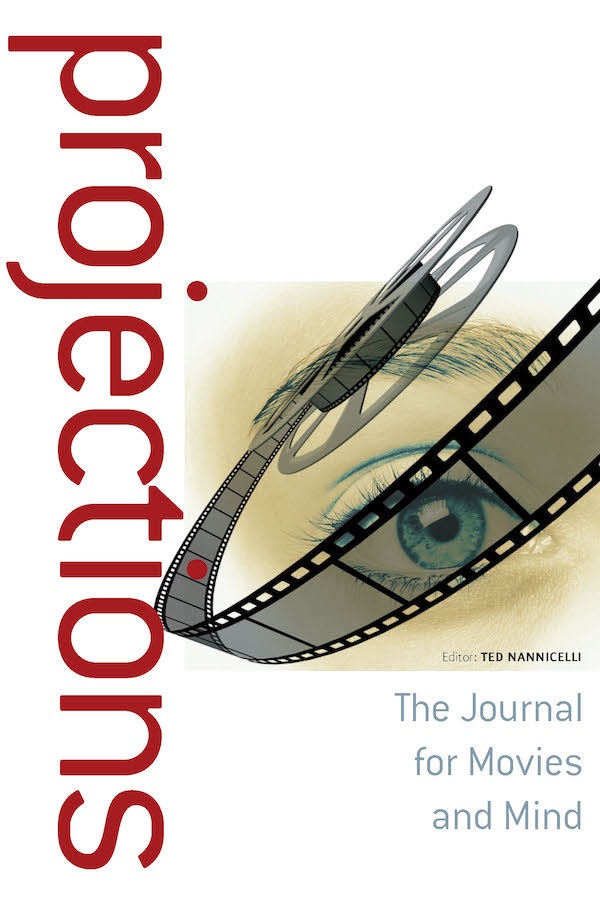
Projections
The Journal for Movies and Mind
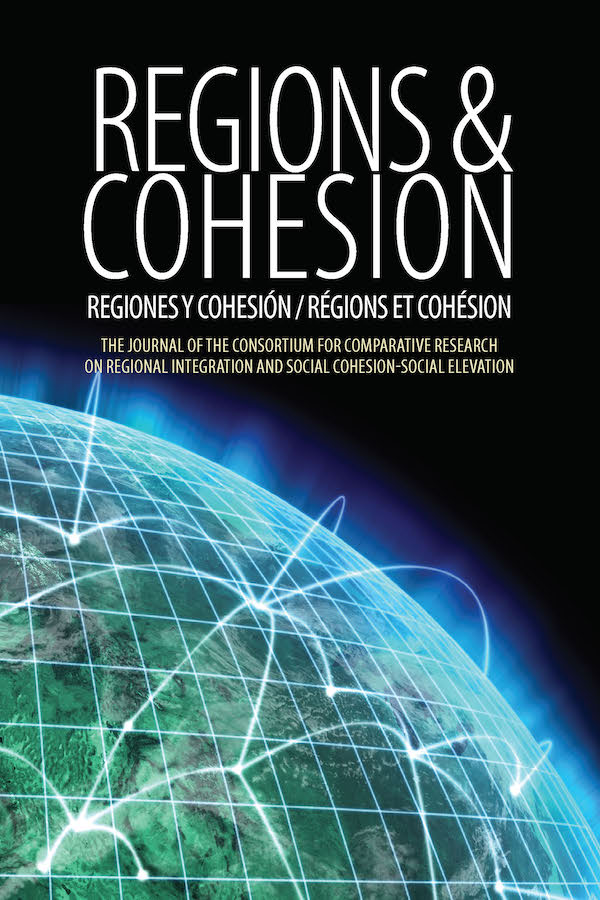
Regions and Cohesion
Regiones y Cohesión / Régions et Cohésion
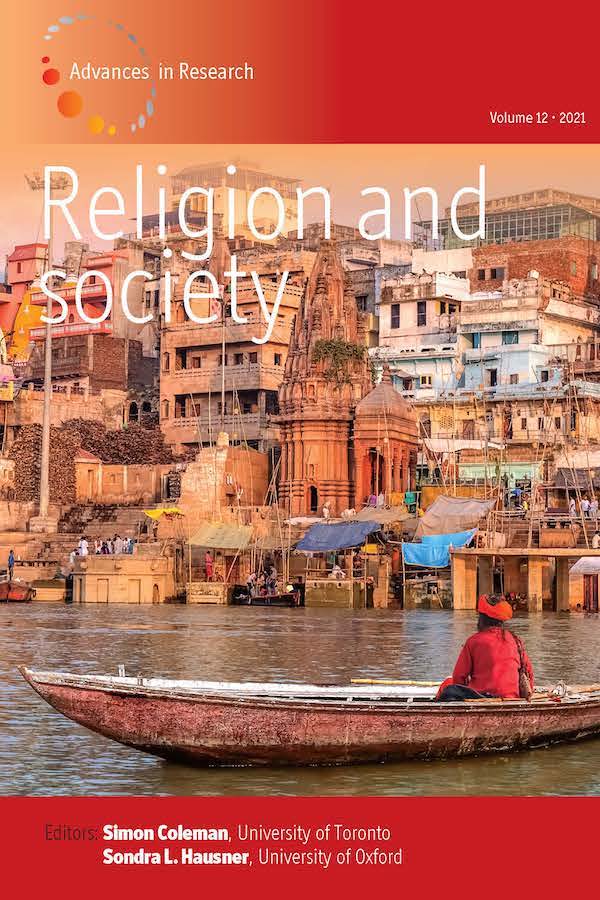
Religion and Society
Advances in Research
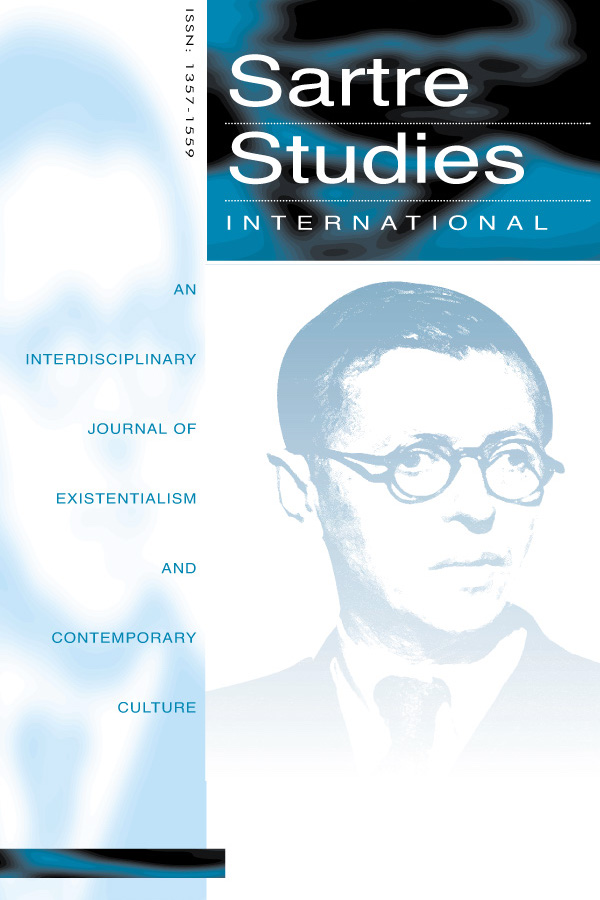
Sartre Studies International
An Interdisciplinary Journal of Existentialism and Contemporary Culture
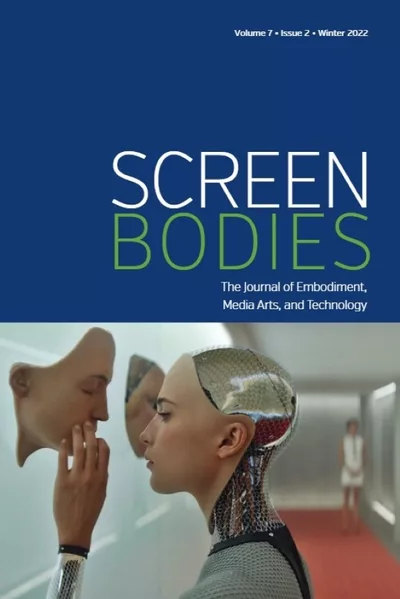
Screen Bodies
The Journal of Embodiment, Media Arts, and Technology
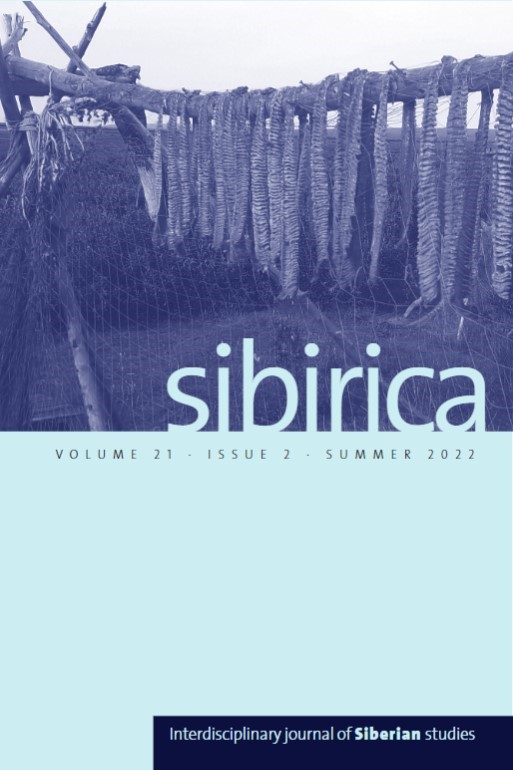
Sibirica
Interdisciplinary Journal of Siberian Studies
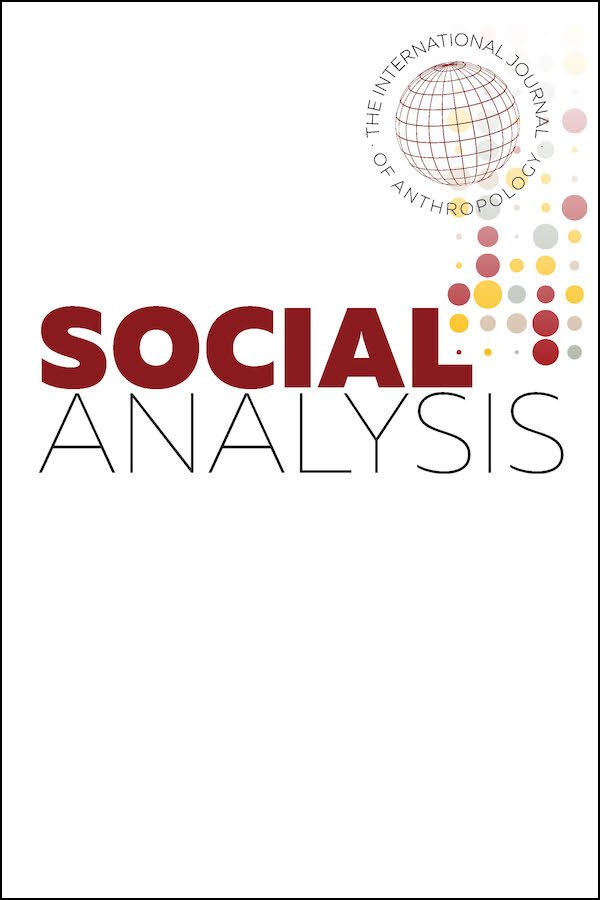
Social Analysis
The International Journal of Anthropology
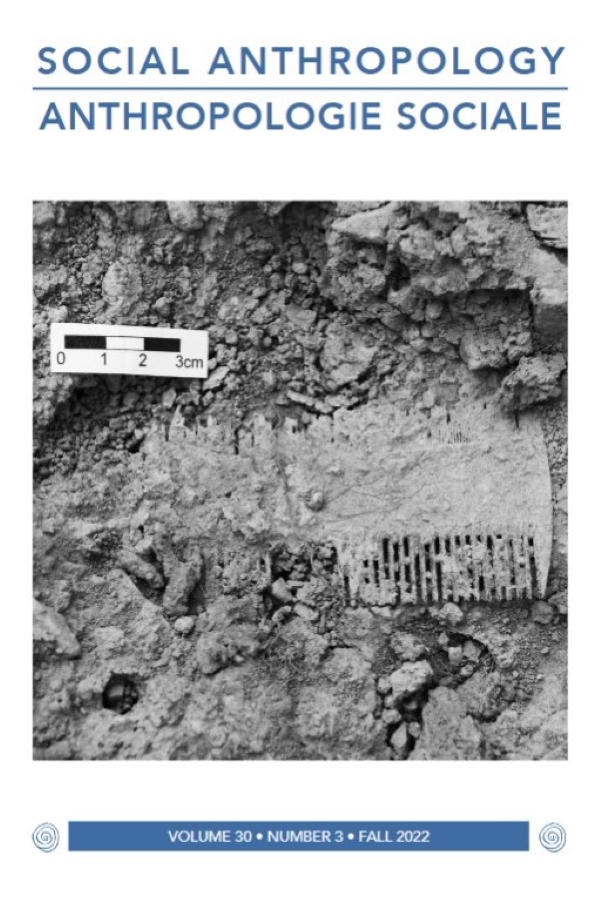
Social Anthropology / Anthropologie sociale

The Cambridge Journal of Anthropology
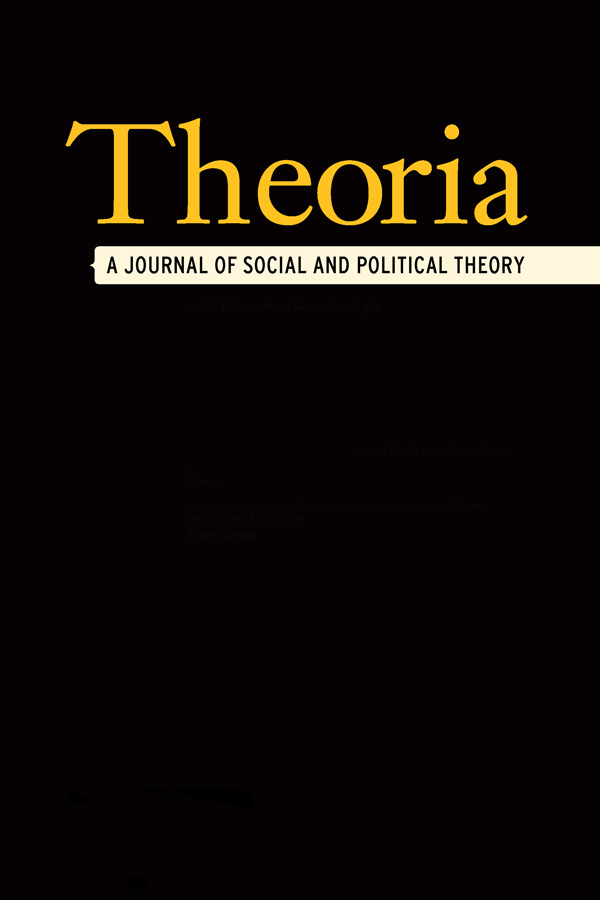
Theoria
A Journal of Social and Political Theory
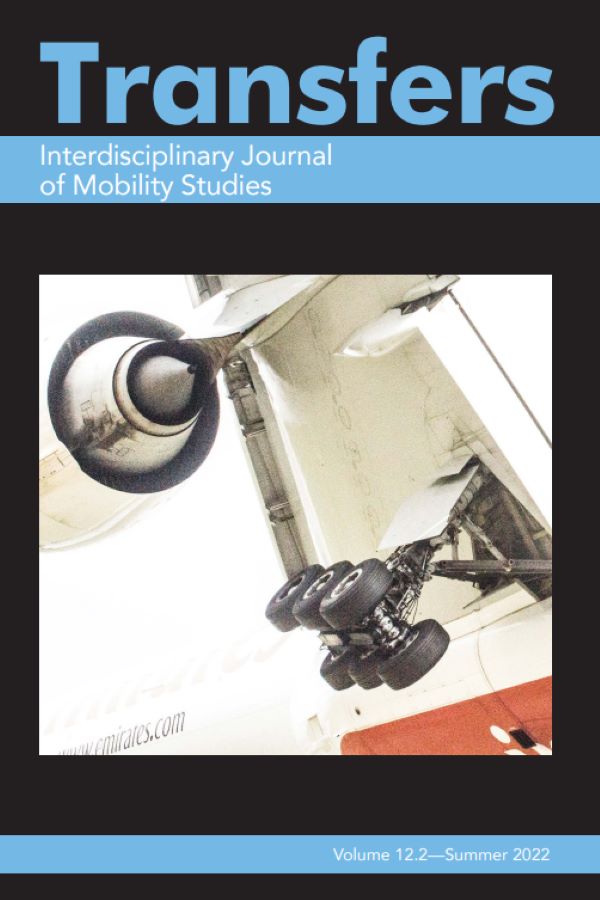
Transfers
Interdisciplinary Journal of Mobility Studies
